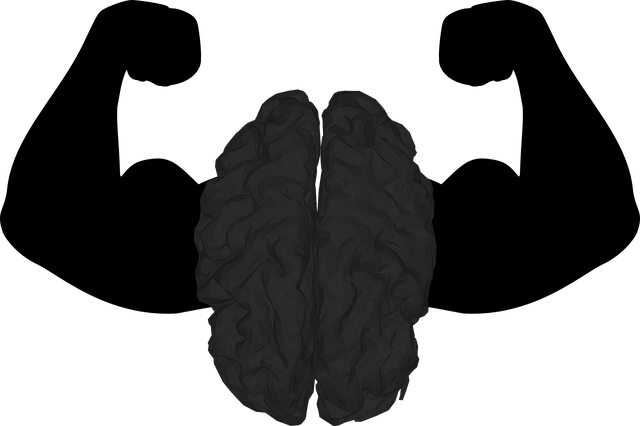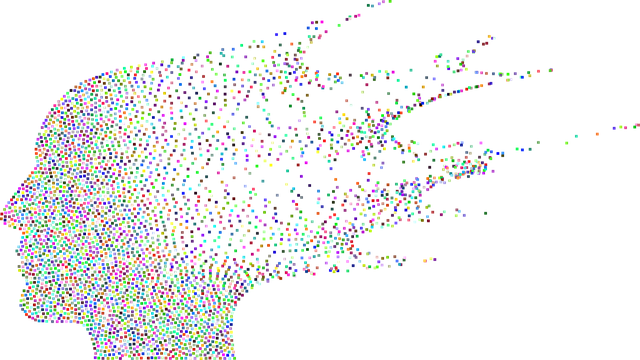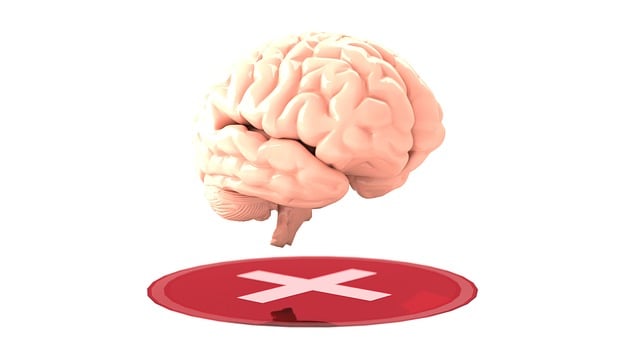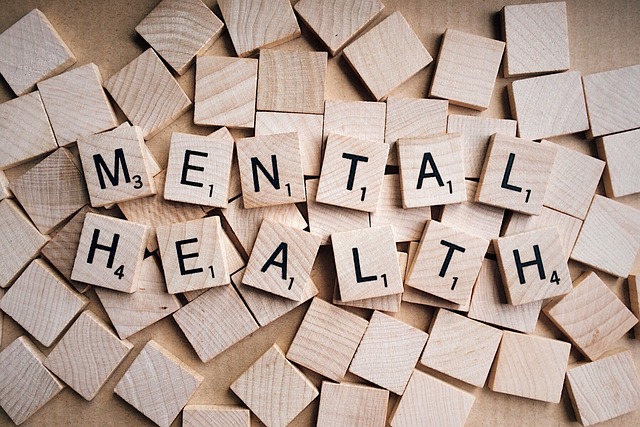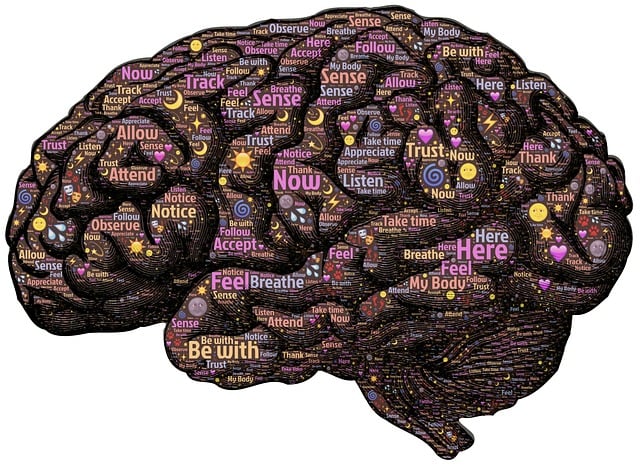The stigma surrounding mental illness hinders access to essential support like Lafayette Couples Counseling Therapy, leading to prolonged suffering and isolation. To combat this, community programs focused on education, dialogue, and empathy are crucial for destigmatization. Lafayette Couples Counseling Therapy provides a safe space for couples to enhance emotional health through open dialogue, evidence-based practices, and confidence-building techniques. A collaborative approach, including community engagement, awareness campaigns, peer support groups, and art therapy sessions, is necessary to reduce mental illness stigma in Lafayette. Integrated trauma support services further address specialized care needs.
Mental illness stigma is a pervasive barrier to seeking help, yet efforts to reduce it are gaining momentum. This article explores the profound impact of stigma on mental health, particularly within relationships. We highlight Lafayette Couples Counseling Therapy as a safe space fostering open dialogue and empowering couples to navigate challenges. Furthermore, we delve into effective strategies for reducing stigma through community engagement and education, emphasizing the role of Lafayette Couples Counseling Therapy in creating a more supportive environment for those struggling with mental illness.
- Understanding Stigma: Its Impact on Mental Health Seeking
- Lafayette Couples Counseling Therapy: A Safe Space for Open Dialogue
- Strategies for Reducing Stigma: Community Engagement and Education
Understanding Stigma: Its Impact on Mental Health Seeking

Stigma surrounding mental illness can have profoundly negative effects on individuals and communities alike. It often prevents people from seeking help, leading to prolonged suffering and exacerbating existing conditions. This societal stigma creates a barrier that keeps many from accessing the support they desperately need, such as Lafayette Couples Counseling Therapy services. The consequences are far-reaching: individuals may experience increased isolation, decreased quality of life, and even physical health complications stemming from unaddressed mental health issues.
Understanding the impact of stigma is crucial for initiating change. Community Outreach Program Implementation strategies can play a pivotal role in reducing this stigma by fostering open dialogue, educating the public, and promoting empathy. By integrating programs that focus on mood management and resilience building, communities can create supportive environments where individuals feel safe to discuss their experiences without fear of judgment. Through these efforts, we can move towards destigmatization, ensuring that those struggling with mental health challenges receive the care and compassion they deserve.
Lafayette Couples Counseling Therapy: A Safe Space for Open Dialogue

Lafayette Couples Counseling Therapy provides a safe and supportive environment for individuals seeking to improve their emotional well-being and mental health. Through open dialogue and evidence-based practices, therapists create a space where couples can explore and express their feelings honestly. This openness fosters trust and encourages both partners to work together towards personal growth and enhanced communication skills.
By integrating confidence-boosting techniques into the counseling process, Lafayette Couples Counseling Therapy equips individuals with the tools needed to navigate challenging conversations effectively. Increased mental health awareness is fostered through regular sessions, allowing couples to better understand one another and cultivate a deeper sense of connection. This holistic approach ensures that each partner feels valued and heard, ultimately leading to stronger relationships and improved overall emotional well-being.
Strategies for Reducing Stigma: Community Engagement and Education

Reducing stigma surrounding mental illness requires a collective effort and diverse strategies. One powerful approach is through community engagement and education initiatives. By bringing awareness to mental health issues in local communities, such as Lafayette, we can foster understanding and empathy. This involves organizing informational sessions, workshops, or even peer support groups where individuals can share their experiences openly without fear of judgment.
Community events centered around mental wellness can include interactive activities like art therapy sessions or mental wellness journaling exercises guided by professionals from Lafayette Couples Counseling Therapy. These activities not only promote self-care but also encourage open conversations about emotional well-being, reducing the unknown and fear that often contribute to stigma. Additionally, trauma support services should be integrated into these programs, offering specialized care for those who have experienced traumatic events, which can significantly impact their mental health.
Mental illness stigma reduction is a multifaceted approach, as demonstrated by community initiatives like Lafayette Couples Counseling Therapy. By fostering open dialogue and providing safe spaces for discussion, we can challenge societal perceptions and improve mental health outcomes. Community engagement and education play a pivotal role in destigmatizing mental health issues, encouraging support, and promoting understanding, ultimately revolutionizing how we view and care for one another’s well-being.


